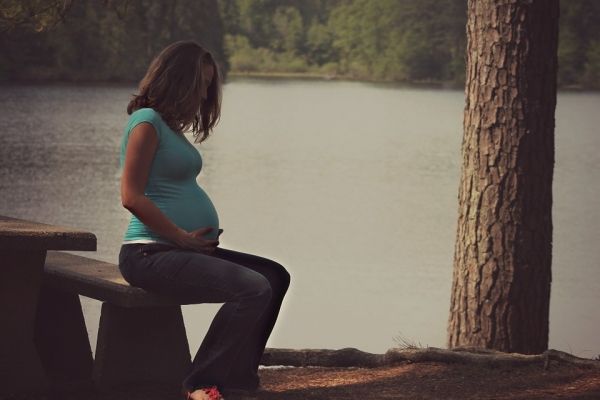Changes occur in the placenta in older pregnant mothers leading to a greater likelihood of poor health in their male offspring, a study in rats has shown.
Both male and female fetuses do not grow as large in older mothers, but there are sex-specific differences in changes to placental development and function. These are likely to play a central role in the increased likelihood of later-life heart problems and high blood pressure in males.
In humans, women over 35 are considered to be of advanced maternal age. The study, published in Scientific Reports, looked at pregnant rats of a comparable age. In aged mothers, the placenta of female fetuses showed beneficial changes in structure and function that would maximise the support of fetal growth. In some instances, the placenta even supported the female fetus better than the placenta of a younger mother. In the case of male fetuses however, the placenta showed changes that would limit fetal growth in the aged pregnant rats.
“This new understanding of placental development and function could contribute to better management of human pregnancies, and development of targeted interventions to improve the longer-term health of children born to older mothers,” said Dr Tina Napso, a postdoctoral fellow at the University of Cambridge and first author of the study.
Read more at University of Cambridge
Photo credit: Greyerbaby via Pixabay


